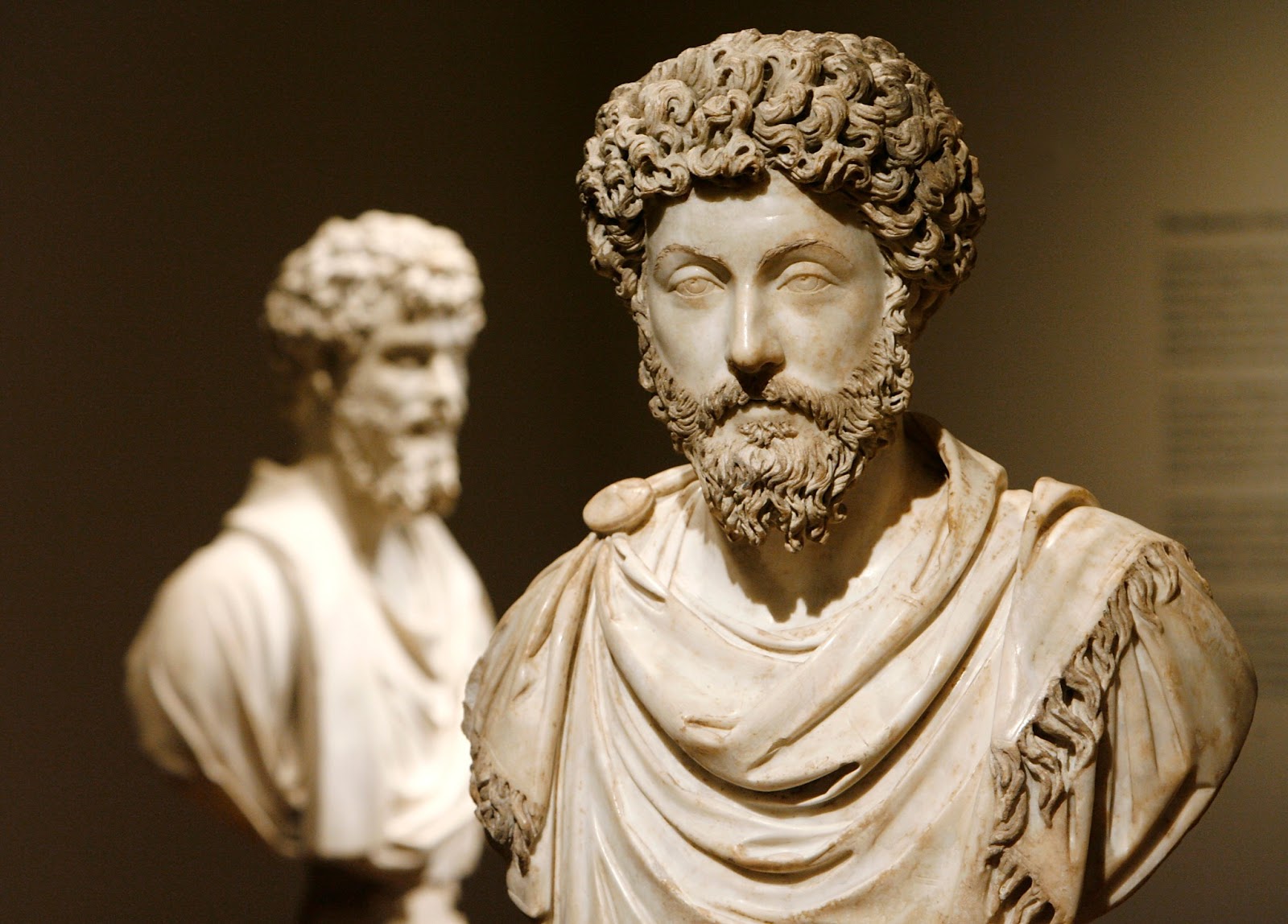The Art of Losing
Article By Gilad Sommer
“ Wherever you fly, you’ll be best of the best.
Wherever you fly, you’ll be best of the best.
Wherever you go, you will top all the rest.
Except when you don’t.
Because, sometimes, you won’t.”
(Dr. Seuss, “Oh, the places you’ll go”)
Everybody likes to be a winner;
Nobody wants to be a loser.
We all dream of ourselves conquering the trials of life, winning every game and competition, being the best of the best.
And yet, whatever field we may practice or dabble in, there is always going to be someone better than us – now or in the future -, there’s always going to be a goal we cannot reach, a circumstance that topples us, at least temporarily.
We will all certainly go through experiences of losing – being passed over for a position, being rejected by a love interest, failing an exam, or simply losing a game.
Whether we want to accept it or not, losing is a part of life.
As philosophers, we can ask ourselves: if losing is a part of life, can it be so bad? Can we learn something from losing? And, is it possible to lose well?
In the history of our language, we find the phrase “poor loser”, meaning, one who takes defeat with bad grace.
Interestingly, the term grace is also associated with being a good loser, as in a graceful or gracious loser. The word grace brings up the ideas of elegance and dignity. A gracious person is not ruffled by difficulties, has poise, and expresses humility. A good loser, then, is someone who takes their loss in a graceful way, with equanimity and humility.
When we lose, however, we can feel shame and frustration; we sometimes want to scream and climb the walls. The shame and frustration of losing, in fact, have nothing to do with the person or circumstance which defeated us, it is our inner resistance to accept the fact that we are not perfect and that we need to continue and train ourselves; It is a resistance to the fact that in this lifetime we may not be able to achieve everything we dream of. But when we let go of that resistance, we discover, as Emerson said, that “To finish the moment, to find the journey’s end in every step of the road, to live the greatest number of good hours, is wisdom.” In other words, the journey is more important than the destination.
To lose means to come face to face with our limitations, whether temporary or permanent, it is a humbling experience that teaches us to find our place in life, to recognize everything we still need to conquer. To win, one must lose many times.
To lose is to be humbled.
A loser who is not humbled, is humiliated.
A loser who is truly humbled, awakens a sense of respect.
If we don’t know how to lose, we will not know how to win, we will not be able to enjoy life in its fullness.
After all, knowing how to lose is to win a victory over oneself.
Image Credits: By GR Stocks | Unsplash | CC BY PD
The entity posting this article assumes the responsibility that images used in this article have the requisite permissionsImage References
By GR Stocks | Unsplash | CC BY PD
Permissions required for the publishing of this article have been obtained




What do you think?